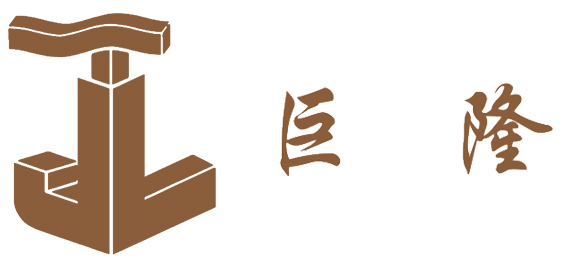Detail
In the United States, the demand for plastic bottles continues to grow: plastic bottles and cans account for about 75% of all plastic containers. The Plastics Industry Association (PLASTICS, Washington, D.C.) recently released a top tier market observation report on packaging plastics - "Today's Plastic Bottles: Innovation Achieves Consumers." It is expected that demand for plastics in beverages, food, water, household use, pharmaceuticals, automotive chemicals, liquid products, and industries will continue to grow.
According to statistics from beverage marketing companies, the total amount of bottled water sold in the United States exceeded carbonated beverages last year, an increase of 8.5% year-on-year. According to BMC estimates, the sales of plastic bottled beverages decreased by 41.2% year-on-year in 2016. Given the growing demand for plastic bottles from consumers, the new report from PLASTICS timely reflects the trends in the plastic bottling industry.
Mark Garrison, Senior Vice President of Membership and Business Development at PLASTICS, said, "Our industry's bottling department is expected to grow by 6% in the next three years. Based on this upward trend, we are exhibiting at NPE2018, showcasing PET preforming, blow molding, molds, labeling, filling, sealing, design, and manufacturing for the audience
Other highlights of this report:
PET and HDPE products currently account for about 86% of the plastic container market;
The largest PET bottle packaging market is disposable mineral water bottles, which are increasingly replacing soda water and are expected to increase sales by 6% annually;
Over the past six years, the shipment volume of plastic machinery has increased year-on-year;
The total amount of basic equipment shipments in 2015 was 1.29 billion US dollars, an increase of 4.8% compared to 2014.
This study investigated the entire plastic industry and supply chain, as well as the development of plastic bottles and containers by brands and other stakeholders. Bottlers are currently using PET to develop lighter packaging, thereby saving on raw materials, energy, and transportation costs. PET bottle design is also more attractive for consumers in terms of packaging and sustainability.
The report attributes the incredible growth of PET to employment in the plastic industry, the dollar value of goods, and capital expenditure. With the rapid rise of bottled products, manufacturers must pay attention to key bottlenecks, challenges, and opportunities.
